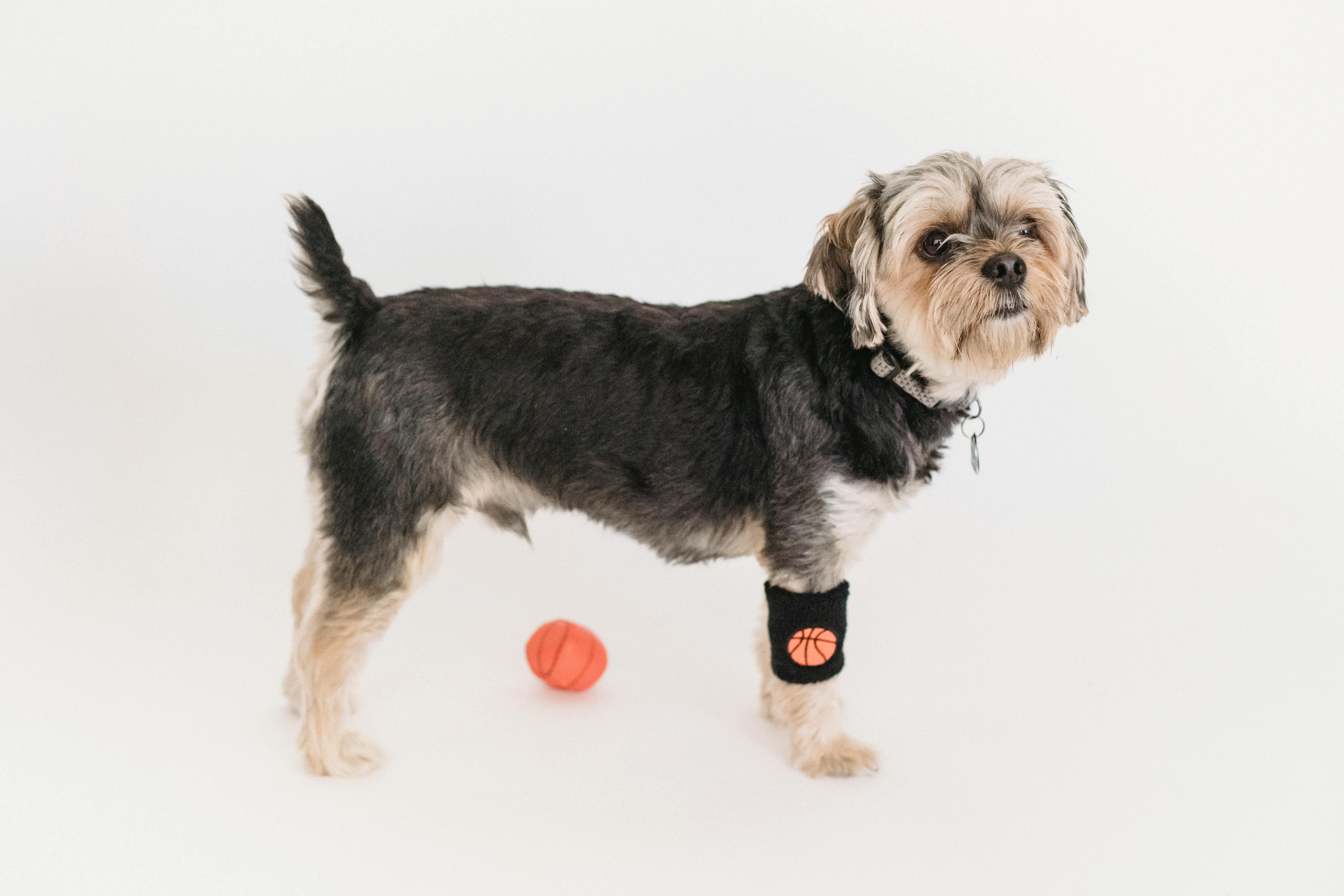
A true friendship: train your dog for loyalty and obedience
Few animals are as appreciated as the family dog. Whether it’s a purebred puppy or an adoption from the local animal shelter, a dog is more than a pet, it’s a loyal friend. Of course, some dogs seem to have an affinity for following household rules. Some other pups will be hyperactive, inattentive, or stubborn learners. There’s no reason to get exasperated by a dog that seems reluctant to obey the rules of the home. This simply means that the dog is strong-willed and will require extra attention.
One of the first and most important rules for training your dog is to never, ever speak angrily or attempt physical violence while training your dog. This will only exacerbate the behavior problems and cause the dog to develop more problems, such as aggression and unwarranted fear.
Always use a stern but calm voice when training your dog and only apply steady hand pressure for certain techniques, never a slap or punch. Dogs are inherently loyal and quite protective of their human family and if physically abused they will not know who to trust and will develop emotional or behavioral problems.
The second thing to keep in mind when training your dog is to have a practically infinite reserve of patience. Certain breeds will learn to sit, stay, and lean over as fast as you want, while other breeds will chase butterflies as you try to teach them even the simplest training.
Always remember, your dog’s lack of attention is not because he doesn’t like you. Rather, dogs like these are naturally hyperactive and extra playful. These are wonderful personality traits and are to be celebrated. Training of this type should be carried out with a firm touch and a stern voice, not to establish dominance, but to make it clear who is the master and who is the student.
Not only should you approach training your dog with patience and kindness, but you should start training with simple activities that are easy for the dog to understand naturally. For example, don’t try to teach a new puppy to understand all kinds of tricks and commands.
Also, don’t try difficult training exercises right away. Rather, start with simple commands like "sit" Y "stay" then gradually work on more complicated techniques. This will make training more effective and enjoyable for both you and your loyal canine friend.
Lastly, it’s important to remember that your canine friend is not some silly animal who likes silly tricks to get a laugh. Dogs are living, breathing, thinking creatures that have coexisted with the human race for thousands of years. They do not evade the calm hand and the stern voice of a kind coach. They will not bite or bark at a diligent trainer who makes sure to reward good behavior while he criticizes bad actions.
Whether it’s a new addition to your family or one of many dogs, always treat them how you would like to be treated.